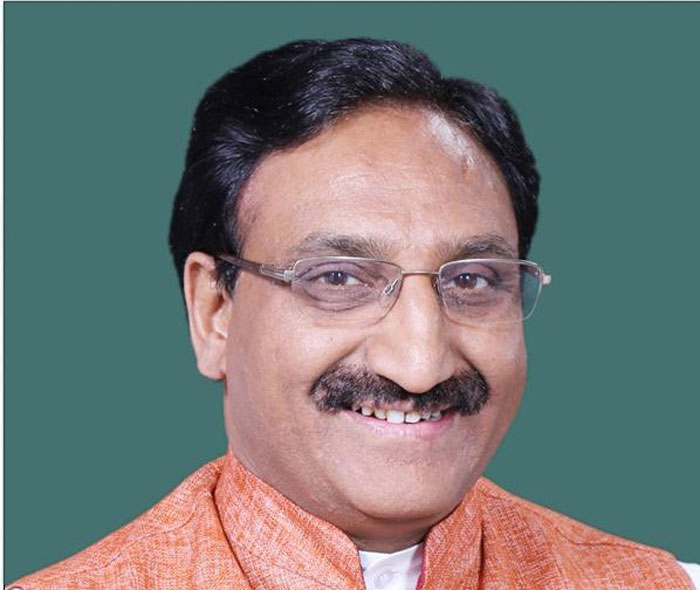Human Resource Development minister Ramesh Pokhriyal ‘Nishank’ wants each of the approximately 10 crore “adult” children in India to save one litre of water every day as part of the water conservation mission.
Such an exercise would help India save 10 crore litres of water a day and 3,650 crore litres a year, which translates into saving about Rs 36,000 crore a year, according to the government. By “adult children”, the government appeared to mean children aged above 13.
Last week, Nishank held a meeting with senior ministry officials and directed the higher education and school education departments to draw up a plan.
The Narendra Modi government has merged three ministries to start the ministry of Jal Shakti which would focus on conservation of water and provide piped water to households. The Jal Shakti ministry is involving all central government ministries in helping with the water conservation drive.
“Honourable minister has desired that the HRD ministry may participate actively in the Jal Shakti Abhiyan,” said a letter issued by B.V.R.C. Purushottam, the private secretary to Nishank.
“Every adult child may make efforts to save one litre of water per day in a family. Accordingly, 10 crore students in India may be targeted in this exercise so that every day saving of 10 crore litres of water may be made. This will amount to 3,065 crore litres of water saved in an year. In economic terms, this will be approximately 36,000 crore of rupees saved one year,” said the letter.
The letter said media should be involved to publicise the efforts of HRD ministry.
“The option of a daily pledge containing 4-5 lines regarding conservation of water may be explored. This campaign may be run actively in the months of July and August. A detailed activity calendar may be prepared and put up for HRM (HRD minister) perusal,” the letter said.
Social activist Shekhar Singh said sensitising students on water conservation was a good idea but expressed doubt about conserving 10 crore litres a day.
“Poor people do not waste water. So in rural areas, there is hardly any wastage of water in the family. In urban areas, it is very unlikely the child can persuade the parents to reduce the water use,” Singh said.
“But this campaign can certainly sensitise the students who would become responsible citizens. They themselves may follow the economic use of water,” he added.
Singh said that instead of setting a target for water conservation, the ministry should prescribe four to five dos and don’ts for the students on water conservation. He said 60-70 per cent of water being wasted families was on account of flushing indiscriminately.
M.M. Trivedi, a faculty member of the department of soil and water conservation at Anand Agricultural University, Gujarat, welcomed the campaign. “Children can bring a lot of difference to their parents’ behaviour. If they tell their parents to reduce the use of water, it will have an impact,” he said.










